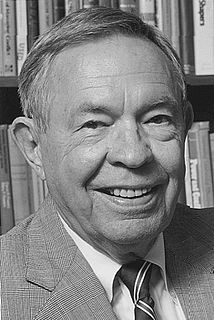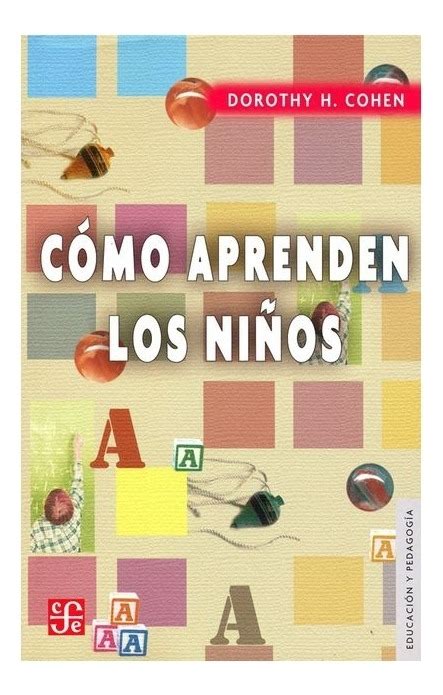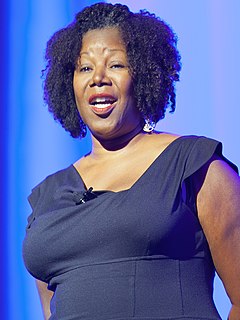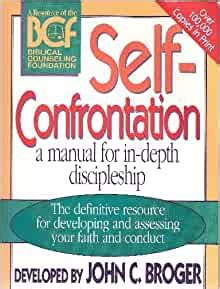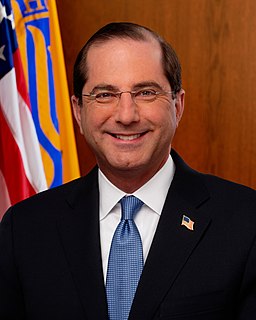A Quote by David A. Bednar
Faithful parents can invite the power of heaven to influence their children. Nevertheless, those children remain agents unto themselves, and the choice to repent or not ultimately is theirs.
Related Quotes
An adolescent does not rebel against her parents. She rebels against their power. If parents would rely less on power and more on nonpower methods to influence their children from infancy on, there would be little for children to rebel against when they become adolescents. The use of power to change the behavior of children, then, has this severe limitation: parents inevitably run out of power, and sooner than they think.
Parents still have primary responsibility for raising children, but they must have the power to do so in ways consistent with their children's needs and their own values.... We must address ourselves less to the criticism and reform of parents themselves than to the criticism and reform of the institutions that sap their self-esteem and power.
Nevertheless, no school can work well for children if parents and teachers do not act in partnership on behalf of the children's best interests. Parents have every right to understand what is happening to their children at school, and teachers have the responsibility to share that information without prejudicial judgment.... Such communication, which can only be in a child's interest, is not possible without mutual trust between parent and teacher.
Modern children were considerably less innocent than parents and the larger society supposed, and postmodern children are less competent than their parents and the society as a whole would like to believe. . . . The perception of childhood competence has shifted much of the responsibility for child protection and security from parents and society to children themselves.
Parents who've not had an education themselves find it hard to explain to their children what a decent education involves, and I completely understand that. Parents themselves need to be educated by schools about what sort of education they should expect for their children. I do think there's a heavy responsibility of the school.
It would be hard to imagine Heaven without children. It wouldn't be Heaven! It would be a pretty boring place without children. What are we going to do, all get to be old people and then stagnate and that's the end of it? Once all those that are already born grow up, the place would really lack life without new generations of children! If there were no children, it would be a dead society.

